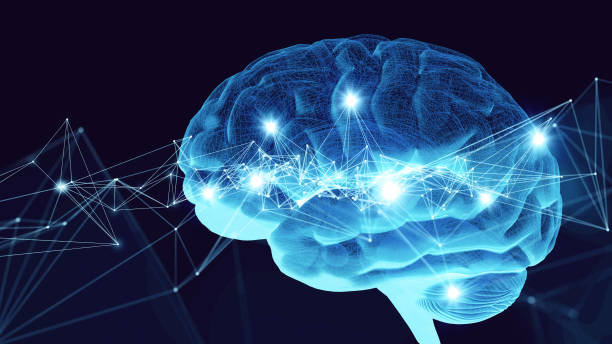Hi, my name is Sarayu Uppara, and I am a student ambassador for GirlsWhoSTEAM Inc. from Michigan!
You might be wondering what neuroscience is, and put simply, it is a study of the human brain and nervous system. Neuroscientists commonly use molecular and cellular biology, anatomy, and sometimes psychology and cognition to understand the body better. The human brain has
billions and billions of neurons in the nervous system so one of the greatest challenges of neuroscientists is to figure out how these neurons communicate with each other and what special connections they have. Another question that might come up for a neuroscientist is the
underlying one of what causes Parkinson’s disease. Parkinson’s disease is a result of the lack of dopamine-producing brain cells that can properly
function in your brain. Dopamine is a hormone that plays a large role in balance, coordination, and pleasure, and this is often why hard drug users become “high”, dizzy and addicted- many class A and class B drugs like opiates, amphetamine, and cocaine release extremely high
amounts of dopamine into the brain causing intense euphoria. With Parkinson’s disease, neuroscientists are not too sure what the ultimate cause could be, and many are still investigating it today. As for women in neuroscience, there are some famous historical figures, like Marian Cleeves
Diamond who actually studied Einstein’s Brain, who have been really influential in terms of contributing to the knowledge we have today. However, more recently, the number of women working in neuroscience or neurobiological fields has been very low. Could this be because most women simply are not aware of neuroscience or educated about this particular and very hidden field? Either way, although neuroscience can be complex and difficult to comprehend at times, the fascination from this subject defiantly outweighs this role and should eliminate the
increasing gender gap we see today

Comments are closed!